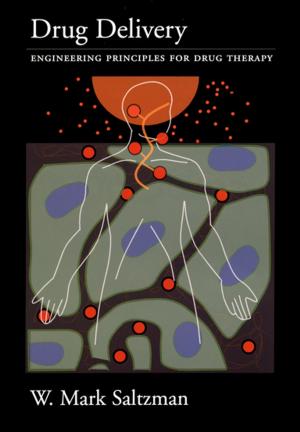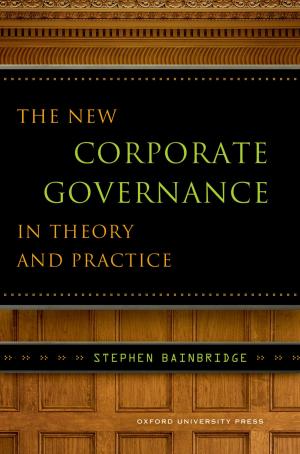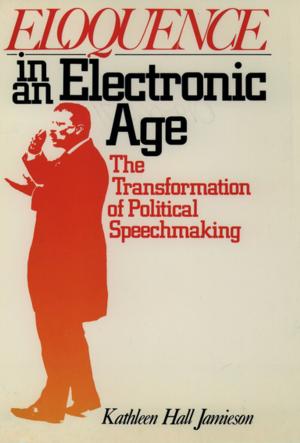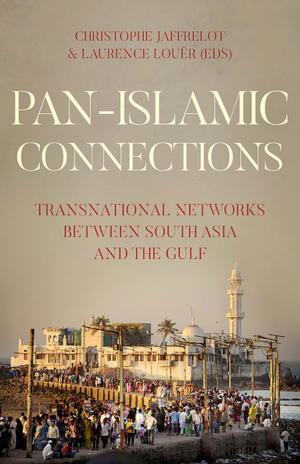Defining the Struggle
National Organizing for Racial Justice, 1880-1915
Nonfiction, Reference & Language, Law, Civil Rights, Social & Cultural Studies, Political Science, Politics, History| Author: | Susan D. Carle | ISBN: | 9780190850609 |
| Publisher: | Oxford University Press | Publication: | October 31, 2013 |
| Imprint: | Oxford University Press | Language: | English |
| Author: | Susan D. Carle |
| ISBN: | 9780190850609 |
| Publisher: | Oxford University Press |
| Publication: | October 31, 2013 |
| Imprint: | Oxford University Press |
| Language: | English |
Since its founding in 1910--the same year as another national organization devoted to the economic and social welfare aspects of race advancement, the National Urban League--the NAACP has been viewed as the vanguard national civil rights organization in American history. But these two flagship institutions were not the first important national organizations devoted to advancing the cause of racial justice. Instead, it was even earlier groups -- including the National Afro American League, the National Afro American Council, the National Association of Colored Women, and the Niagara Movement - that developed and transmitted to the NAACP and National Urban League foundational ideas about law and lawyering that these latter organizations would then pursue. With unparalleled scholarly depth, Defining the Struggle explores these forerunner organizations whose contributions in shaping early twentieth century national civil rights organizing have largely been forgotten today. It examines the motivations of their leaders, the initiatives they undertook, and the ideas about law and racial justice activism they developed and passed on to future generations. In so doing, it sheds new light on how these early origins helped set the path for twentieth century legal civil rights activism in the United States.
Since its founding in 1910--the same year as another national organization devoted to the economic and social welfare aspects of race advancement, the National Urban League--the NAACP has been viewed as the vanguard national civil rights organization in American history. But these two flagship institutions were not the first important national organizations devoted to advancing the cause of racial justice. Instead, it was even earlier groups -- including the National Afro American League, the National Afro American Council, the National Association of Colored Women, and the Niagara Movement - that developed and transmitted to the NAACP and National Urban League foundational ideas about law and lawyering that these latter organizations would then pursue. With unparalleled scholarly depth, Defining the Struggle explores these forerunner organizations whose contributions in shaping early twentieth century national civil rights organizing have largely been forgotten today. It examines the motivations of their leaders, the initiatives they undertook, and the ideas about law and racial justice activism they developed and passed on to future generations. In so doing, it sheds new light on how these early origins helped set the path for twentieth century legal civil rights activism in the United States.















